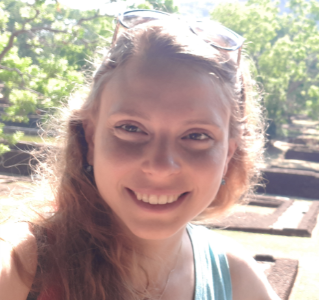BGU researchers have been able to locate a major cause of Coronavirus. The assumption that the energy sector of the cell was damaged by the disease is reinforced, but surprisingly the primary injury is not in the lung cells, but rather in the cells of the immune system. The study was published recently in the journal iScience.
Corona patients experience breathing difficulties, which often necessitate hospitalization and artificial respiration. BGU researchers attempted to identify the cause of the temperamental nature of the Coronavirus, which is also manifested in the cytokine storm of the immune system. Using a method based on computational biology, the researchers analyzed gene expression in the genetic system of patients from around the world for a year.

Prof. Dan Mishmar (pictured above), head of the University Center for Evolutionary Genomics and Medicine in BGU's Department of Life Sciences, and president of the Genetics Society of Israel studies mitochondria, ancient organelles that generate the energy and signals in cells. the research group examined whether the mitochondria were damaged during illness. The answer was certainly yes, but surprisingly, the injury was not in the lung cells but in the cells of the immune system.
As the disease progresses, and symptoms such as fever, swelling, and extreme fatigue become severe, the immune system signaling molecules – the cytokine – are excessively released, to a degree that they become a 'cytokine storm'. "We hypothesized, that since the cytokine storm is an integral part of the disease and leads to serious illness, and the mitochondria are pivotal to signals within cells, the story of mitochondrial dysfunction in the disease should not be limited to lungs but may also be found in the immune system as well," Prof. Mishmar said.

Ph.D. student Hadar Medini (pictured above) examined the control of mitochondria genes among Corona patients over a year. Through an analysis of bioinformatic information, including testing the genetic material in tissues and in individual cells, she discovered that mitochondrial activity and control were particularly compromised in immune cells. "Before experimenting with cells, it is worth looking at the information that exists," Medini said. "We received more and more results that supported our hypothesis and realized that it was a phenomenon."
Now that the surprising results are in, there is room to offer patients mitochondria-related treatment and increase the therapeutic options. " The treatments already exist, only our thinking about corona needs to be modified," Prof. Mishmar concluded.
The research group included: Prof. Dan Mishmar, Amit Zirman, and Hadar Medini from the Department of Life Sciences at Ben-Gurion University of the Negev.
The study was supported by the Israel Science Foundation.